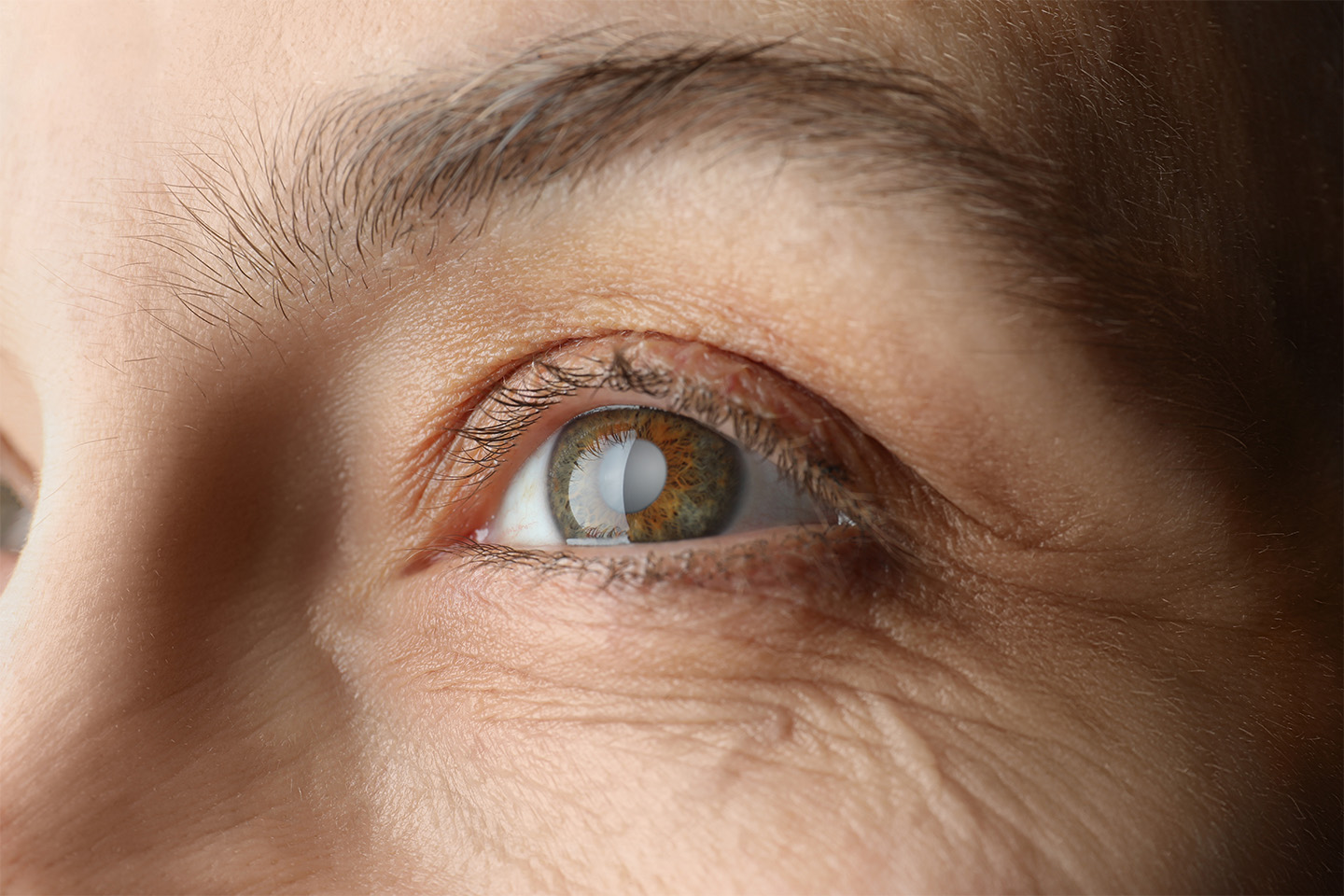Dre Eye Awareness Month: Symptoms and Treatment Options

Allergies and extreme weather can make our eyes dry, but for some, it’s more than a minor inconvenience. Chronic Dry Eye is a serious condition that can lead to discomfort, vision damage and may even force people to change their daily habits to accommodate their eyes.
Symptoms of Dry Eye
When you’re suffering from dry eyes, your body doesn’t produce enough tears to keep your eyes lubricated. This results in an uncomfortable, scratchy feeling. While dry eyes may seem like just a nuisances, chronic dry eyes (also known as Dry Eye Disease) can lead to eye infections, vision damage or even vision loss in extreme cases.
While dry eyes may afflict most people occasionally (especially during allergy season or in heated or air conditioned environments), symptoms of chronic dry eye are more persistent and severe.
Chronic dry eye symptoms include:
- Mild itching
- Burning
- Stinging
- Redness
- Excessive tearing
- Fluctuating vision
- Eye fatigue
- Eye pain
- The sensation of a foreign body in the eye
Chronic dry eye tends to be more common in extremely sunny locations and the chances of developing the disease increases with age, particularly for women over the age of 50. It can also be associated with health issues, lifestyle habits and environmental conditions, such as:
- Diabetes, rheumatoid arthritis, lupus, scleroderma, Sjogren’s syndrome, thyroid disorders, rosacea and hypertension
- Use of antidepressant, antihypertensive, antihistamines, decongestants, birth control and Parkinson’s disease medications as well as hormone replacement and radiation therapies
- Smoking
- Content lens wear
- Prolonged work using a computer screen
If you fall into one of these categories, or simply feel as though your eyes get dry often, talk to your eye doctor about using artificial tears. This common eye drop is non-medicated and available over the counter. The drops mimic the lubrication of your natural tears and help keep your eyes moist and comfortable.
Chronic Dry Eye Treatment
If artificial tears aren’t enough and you’re diagnosed with dry eye disease, there are several highly effective treatment options. Based on your individual case, your eye doctor may recommend one of the following treatment plans:
- Prescription Eye Drops — These work similarly to over-the-counter artificial tears but are more powerful and your drop routine will be tailored to your needs.
- Serum Tears — These are custom tears made from your own blood. While that may sound like a treatment out of a horror movie, it’s actually a natural, gentle way to simulate your natural tears that perfectly matches your body. The red blood cells are removed from the serum, leaving a clear or light yellow liquid that you use as a drop.
- Punctal Plugs — A tiny, removable plug is used to block your tear duct to keep you natural tears from draining off your eye too quickly. This keeps the lubrication your eyes are producing on the eye longer, helping to prevent dryness.
- Eyelid Expression — This simple in-office produce stimulates new tear production by opening your glands more. This allows your body to produce the tears you need to keep your eyes comfortably moist.
If you struggle with regular bouts of dry eyes or persistently experience the symptoms of Chronic Dry Eye, talk to your eye doctor.
About ICON Eyecare
ICON Eyecare is a leading surgical and medical eye care provider based out of Denver, CO. Since 1999, ICON has been building a Center of Ophthalmology Excellence empowered by an expert team of board certified physician specialists, the most advanced laser technology and a culture of quality and extraordinary patient care. In coordination with referring optometrists and physicians, ICON Eyecare specializes in treating patients with cataracts, advanced forms of glaucoma and other age and disease related conditions, while providing innovative options for patients seeking LASIK and cosmetic eye procedures. With 14 patient care centers located in Colorado and Texas, ICON Eyecare is expanding within the broader western U.S. region. For more information, please call (720) 524-1001, or visit iconeyecare.com.
[DISPLAY_ULTIMATE_SOCIAL_ICONS]








